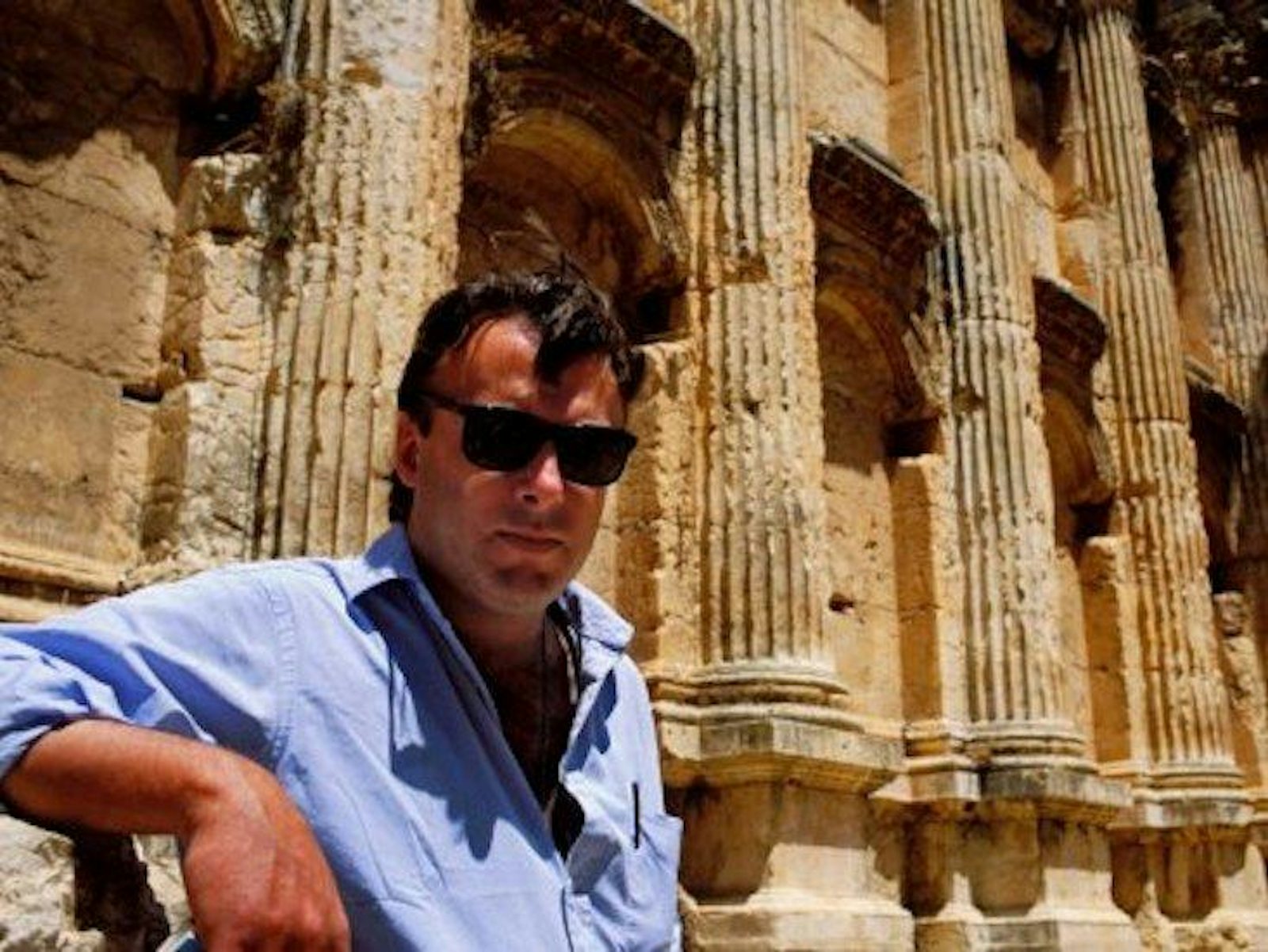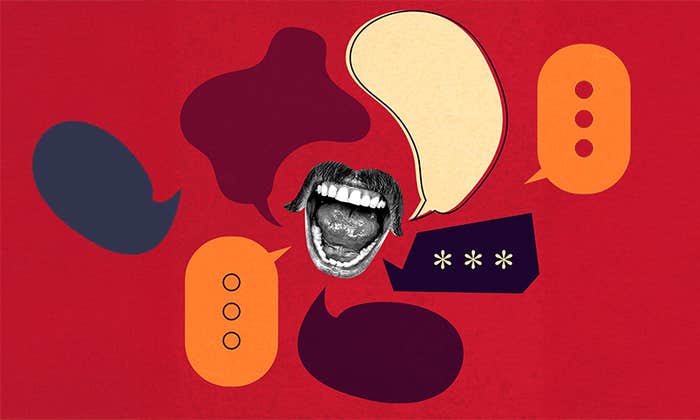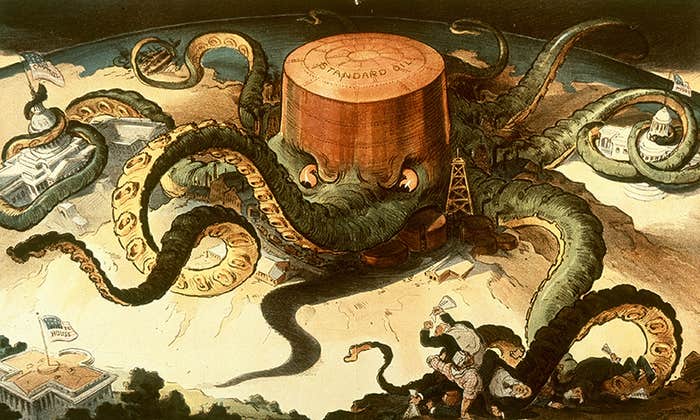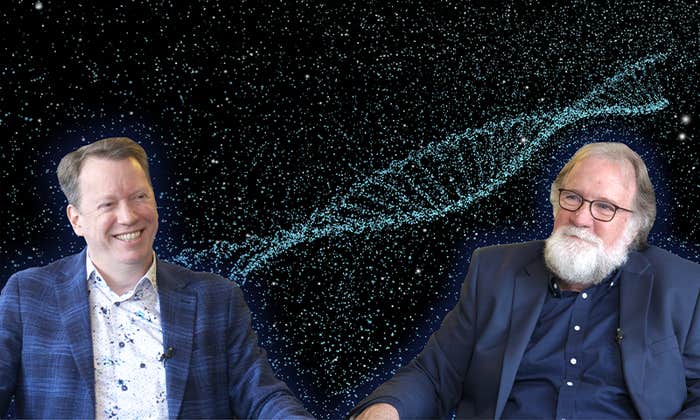Yesterday marked five years since the passing of Christopher Hitchens, a writer with friends and admirers spanning the political spectrum, every age, gender and sex, and a range of professions and confessions. Those who’ve read and heard him speak know he was an Anglo-American political journalist, a cultural and literary critic, and a public intellectual who wrote, among an array of outlets, a column for the left-wing magazine The Nation, as well as one for Vanity Fair, and authored such provocative books as The Missionary Position: Mother Teresa in Theory and Practice as well as the bestselling polemic, god Is Not Great: How Religion Poisons Everything. The New Yorker profiled him. You might say he was universally—though certainly not unanimously—loved.
But perhaps the peak of admiration for Hitchens flows from those who most identify with the two following qualities: a reverence for science and philosophy, and a conviction that both should be the basis of personal belief and ethics in society.
Take Lawrence Krauss, a theoretical physicist and cosmologist at Arizona State University, and the author of the 2012 book A Universe from Nothing: Why There’s Something Rather Than Nothing, who confessed to being stunned and grateful to have been Hitchens’ friend. At the writer’s Washington, D.C. apartment, Krauss once winkingly said to a visitor, who asked whether Krauss was Hitchen’s agent, that he was his “personal physicist.” Krauss has said that Hitchens motivated him to have a more public voice: “I remember on the day he died I told myself, ‘To whatever small extent I could emulate any of those qualities, in my own work—to keep the candle of joy and wonder and irony that he kept burning—I dedicate my life to that task.” (You can hear Hitchens’ voice in a recent New Yorker article by Krauss on why an atheist should replace Antonin Scalia on the Supreme Court.) Krauss is as a good a representative of this scientific-minded, secularist group as any.
Yesterday, he tweeted: “Dec 15 here in London. Been 5 years since we lost a remarkable man & I lost a friend: Christopher Hitchens. I miss him. We can’t forget him.” (Krauss wasn’t the only scientist to express this. The neuroscientist Sam Harris wrote a blog post titled, “Missing Hitch,” and the evolutionary biologist Jerry Coyne also wrote, in his blog post, “There was no other humanist or atheist who so excelled in all the skills of oratory, writing, and thinking—and the man was ferociously eloquent and literate. There’s nothing else to say except I wish he were here.”)
It seems fair to say that Hitchens was a hero among scientists, for, among other things, his reputation as a forceful champion of not only the usefulness of science and reason, but also the awe that their use can inspire. In a 2009 lecture he gave in Australia, for example, Hitchens quoted a speech from Sir Martin Rees, a professor of cosmology and astrophysics at Cambridge University, titled “Dark Materials.” Hitchens said, “There was a paragraph in it that completely arrested me, and I’m going to, as they say, ‘share’ it with you”:
“Most educated people,” said Sir Martin, “are aware that we are the outcome of nearly four billion years of Darwinian selection. But many tend to think that humans are still somehow the culmination of that. Our sun, however, is less than halfway through its lifespan—it will not be humans who watch that sun’s demise six billion years from now. Any creatures that then do exist will be as different from us as we are from bacteria or amoeba.”
Hitchens would go on to say, “What I just quoted to you from Sir Martin—unless I much mistake my audience—is genuinely awe-inspiring…You think of creatures gradually watching the sun die, and they’re not us, and they’re as far from us as bacteria are from us. If that isn’t mind-expanding, if that isn’t awe-inspiring, then you don’t have the capacity for awe, and you won’t be able to get it from a holy book either.”
Hitchens would go on to suggest a connection between the capacity for awe and morality, and it turns out he was on to something. Six years later, Paul K. Piff, a social psychologist at the University of California, Berkeley, along with some colleagues, would publish a study titled, “Awe, the Small Self, and Prosocial Behavior.” The researchers write, as a way of introduction, “Awe is an emotional response to perceptually vast stimuli that transcend current frames of reference…Firsthand accounts of awe felt during experiences with religion and spirituality, nature, art, and music often center upon two themes: the feeling of being diminished in the presence of something greater than the self, and the motivation to be good to others.” And their conclusion is worth quoting in full:
Awe arises in evanescent experiences. Looking up at the starry expanse of the night sky. Gazing out across the blue vastness of the ocean. Feeling amazed at the birth and development of a child. Protesting at a political rally or watching a favorite sports team live. Many of the experiences people cherish most are triggers of the emotion we focused on here—awe. Our investigation indicates that awe, although often fleeting and hard to describe, serves a vital social function. By diminishing the emphasis on the individual self, awe may encourage people to forego strict self-interest to improve the welfare of others. Future research should build on these initial findings to further uncover the ways in which awe shifts people away from being the center of their own individual worlds, toward a focus on the broader social context and their place within it.
But perhaps Hitchens is a hero to scientists less for his reverence of science than for the heroic traits he seems to them to embody. In their 2012 paper, “How Can We Study Heroism? Integrating Persons, Situations and Communities,” Eranda Jayawickreme, a psychologist at the University of Pennsylvania, and Paul Di Stefano, a researcher then at the London School of Economics, write:
A team of scholars classified these strengths under six virtues identified through a review of philosophical and religious traditions. Of these, the strengths listed under courage are most relevant for understanding heroic behavior. Two strengths listed under courage—bravery and integrity— merit special attention. Bravery involves not shrinking from threat or challenge even when significant opposition exists, and acting on conviction when such activity is unpopular. In short, it involves the ability to overcome fear and do what has to be done, regardless of the consequences. Important elements of bravery include the voluntary nature of the action, an understanding of the risks involved and the acceptance of those risks, and the presence of danger, risk, or potential injury. Integrity involves speaking the truth as well as self-presenting in a genuine manner. Behavioral criteria include public justification of moral convictions, even if those convictions are not popular, treatment of others with care, and being sensitive to the needs of others. Both strengths seem necessary to heroic behavior, as it almost always involves actions that are done at risk to oneself that are motivated by a need to be “true to oneself.”
Now compare that to Krauss’s tribute to Hitchens:
Christopher was a beacon of knowledge and light, in a world that constantly threatens to extinguish both. He had the courage to accept the world for just what it is and not what he wanted it to be…He embodied the delicious possibilities of existence and the profound sense of satisfaction that intellectual exploration, integrity, and bravery can bring—especially when confronting power with knowledge—even as he openly recognized the possibility of a successful outcome in any such battle is always slim.
Those were the two features that were most crucial to what I admired about the man. It takes courage to speak out against injustice and ignorance wherever you see it, no matter whose sensibilities you ruffle. But it takes far more courage to do that when you realize that the odds are overwhelming that you’ll lose—that stupidity, prejudice, superstition, hatred, power, and money generally win. But it doesn’t matter: You can’t give up…Many is the day when I think, “How will I present something?” And I’m guided by that simple question that so many religious people ask in their lives but I change the wording: I ask, “What would Christopher do?”
The fact that this praise came after Hitchens’ death to cancer, however, should encourage anyone to take this with something like a grain of salt. In their 2012 paper, “Making Heroes: The Construction of Courage, Competence, and Virtue,” University of Richmond social psychologists George R. Goethals and Scott T. Allison write, in a section titled, “Death makes a hero,” “Death by natural causes also can help a person’s reputation.” They cite the expiration of the former United States president Ronald Reagan as an example. “Media coverage of Reagan became significantly more positive after his death than during his tenure as president,” they write. “For many years prior to his death, Reagan’s battle against Alzheimer’s disease, perceived as brave and heroic by many, attracted much sympathy and admiration.”
The researchers say a “death positivity bias” seems to be in play in such cases. But Hitchens wasn’t characterized in heroic terms solely postmortem. In their 2008 book, Christopher Hitchens and His Critics: Terror, Iraq, and the Left, Thomas Cushman, the founder of the Journal of Human Rights and sociologist at Wellesley College, and Simon Cottee, a criminologist at the University of Kent, write:
In argument, Hitchens cuts a formidable and intimidating figure. He never lets a cliché or a euphemism pass uncontested, and he never gives so much as a millimeter, nor does he back down—ever. Above all, he is daring and morally courageous: Hitchens will take on anybody or any subject. For the sake of argument or point of principle, he will antagonize and infuriate and, if need be, unmake friends and allies. The great merit of Hitchens’s work is its honesty. Hitchens can be relied on to say exactly what he thinks, whomever it offends.
Hitchens is a vivid example of what the great German sociologist Georg Simmel described as the “antagonist,” a social type who thrives on conflict and disputation. Guided by the “spirit of contradiction,” the “antagonist” sees himself (to quote Simmel) as the “defender of threatened rights,” as a “fighter for what is objectively correct,” a “knightly protector of the minority.”
The phrase that Krauss offers as a summation of Hitchens’ influence came from an article in the New York Times he was reading while at Hitchens’ apartment. It was about an effort to ensure that young people at leading universities sustain their Catholic upbringings during and after college.
Krauss says, “In the last sentence describing the temptations to depart from piety, the author wrote, ‘Exposed to Nietzsche, Hitchens, co-ed dorms, and beer pong, such students are expected to stray.’ I reflected on what a remarkable tribute to the man this simple sentence represented. To be so overpowering in one’s cultural impact that he can be mentioned without explanation is one thing. But to be sandwiched between Nietzsche and beer pong—that’s an honor that very few of us can hope to achieve.”
Brian Gallagher is the editor of Facts So Romantic, the Nautilus blog. Follow him on Twitter @brianga11agher.


























